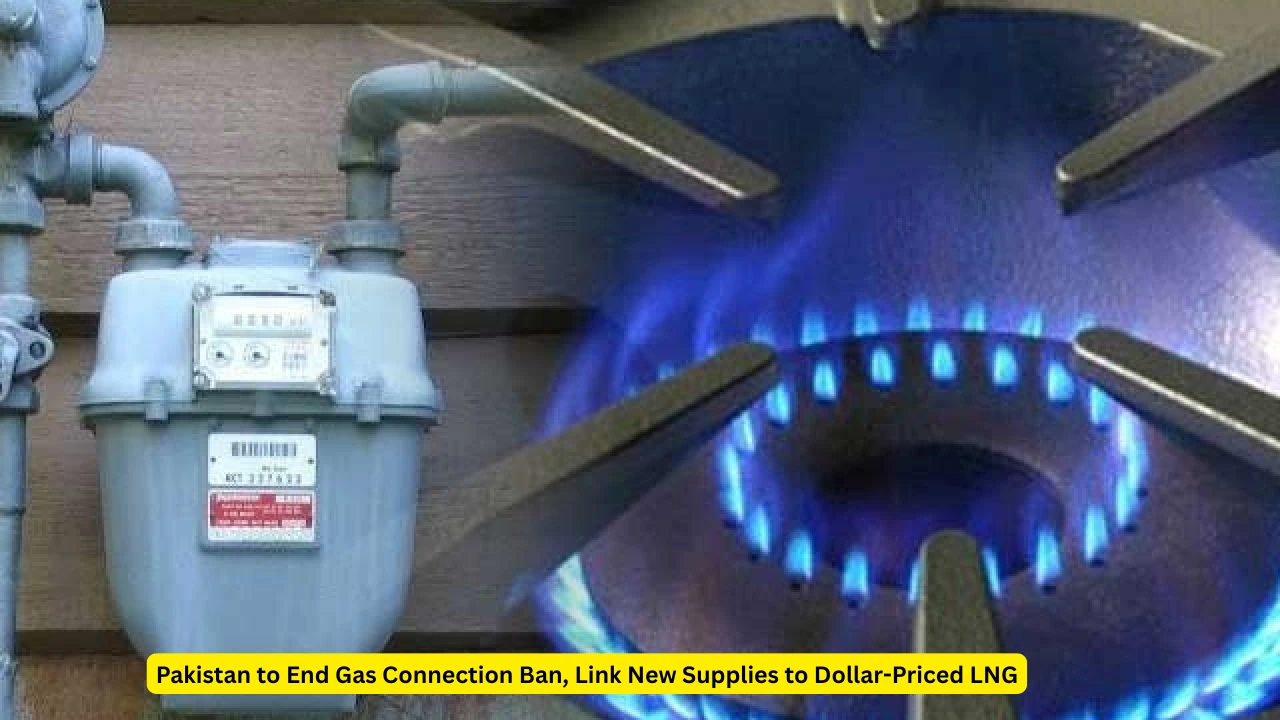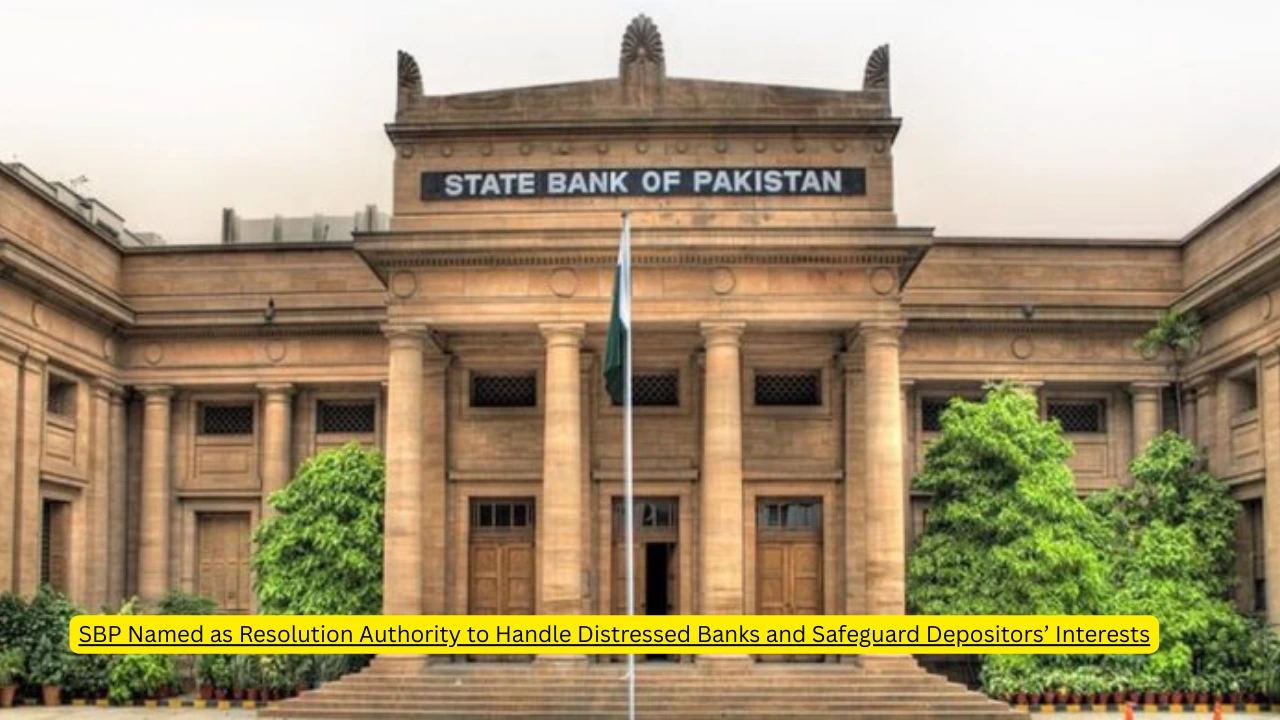Introduction: A Major Shift in Pakistan’s Energy Policy
The Government of Pakistan has announced a significant policy shift by lifting thelong-standing gas connection ban and linking new supplies to dollar-priced LNG (Liquefied Natural Gas). This decision reflects Pakistan’s efforts to modernize its energy framework, ensure consistent supply, and align with international market dynamics. For households, businesses, and industries, this development marks a turning point in how natural gas will be accessed and priced in the coming years.
Why the Gas Connection Ban Was Imposed
The Pakistan gas connection ban was originally introduced to manage severe shortages in domestic natural gas reserves. Growing demand from industries, power generation units, and households had placed an enormous burden on Pakistan’s limited local resources. As a result, the government halted new connections to prioritize existing consumers and prevent further strain on the system.
Transition to Dollar-Linked LNG Supplies
Now, by shifting new gas connections to dollar-priced LNG, Pakistan aims to ensure a more sustainable and reliable energy supply. LNG imports have already become a vital part of the energy mix, and linking new connections to international LNG prices will help reduce pressure on depleting domestic reserves. However, this move also means that gas tariffs may fluctuate with changes in global oil and LNG prices, directly impacting household and industrial consumers.
Impact on Households and Consumers
For Pakistani households, lifting the gas connection ban brings a ray of hope, especially for families waiting for years to get new connections. However, since these connections will now be linked to imported LNG, affordability could become a concern. Consumers may face higher monthly bills compared to traditional natural gas, which was heavily subsidized in the past.
Industrial and Business Benefits
On the other hand, businesses and industries could benefit significantly. Access to dollar-priced LNG ensures a more stable energy supply, reducing the frequent disruptions caused by domestic gas shortages. Industries such as textiles, fertilizers, and manufacturing could improve their productivity and export competitiveness with reliable energy availability.
Challenges of Dollar-Priced LNG
While the decision to end the gas connection ban is widely welcomed, there are challenges:
- Price Volatility: Since LNG is linked to the global market, any increase in oil prices will affect local gas tariffs.
- Affordability: Middle-class and lower-income households may find it difficult to manage higher energy bills.
- Policy Dependence: Pakistan’s reliance on imported LNG will increase, making energy security more vulnerable to global supply chain disruptions.
Government’s Long-Term Vision
The government’s policy shift is part of a broader vision to diversify Pakistan’s energy resources. By integrating LNG into the energy mix, authorities aim to reduce reliance on depleting domestic reserves and create a more balanced supply system. Over time, Pakistan is also investing in renewable energy sources such as solar and wind to minimize import dependency and stabilize energy costs.
Conclusion: A Turning Point in Pakistan’s Energy Sector
Ending the Pakistan gas connection ban and linking new supplies to dollar-priced LNG is a double-edged sword. While it offers reliability and modernizes the energy framework, it also brings pricing challenges for consumers. The coming years will determine how effectively Pakistan manages affordability, supply chain risks, and energy diversification to balance growth with sustainability.If you know about the National AI Policy 2025 to Boost Tech Innovation in Pakistan then click here.



2 thoughts on “Pakistan to End Gas Connection Ban, Link New Supplies to Dollar-Priced LNG”